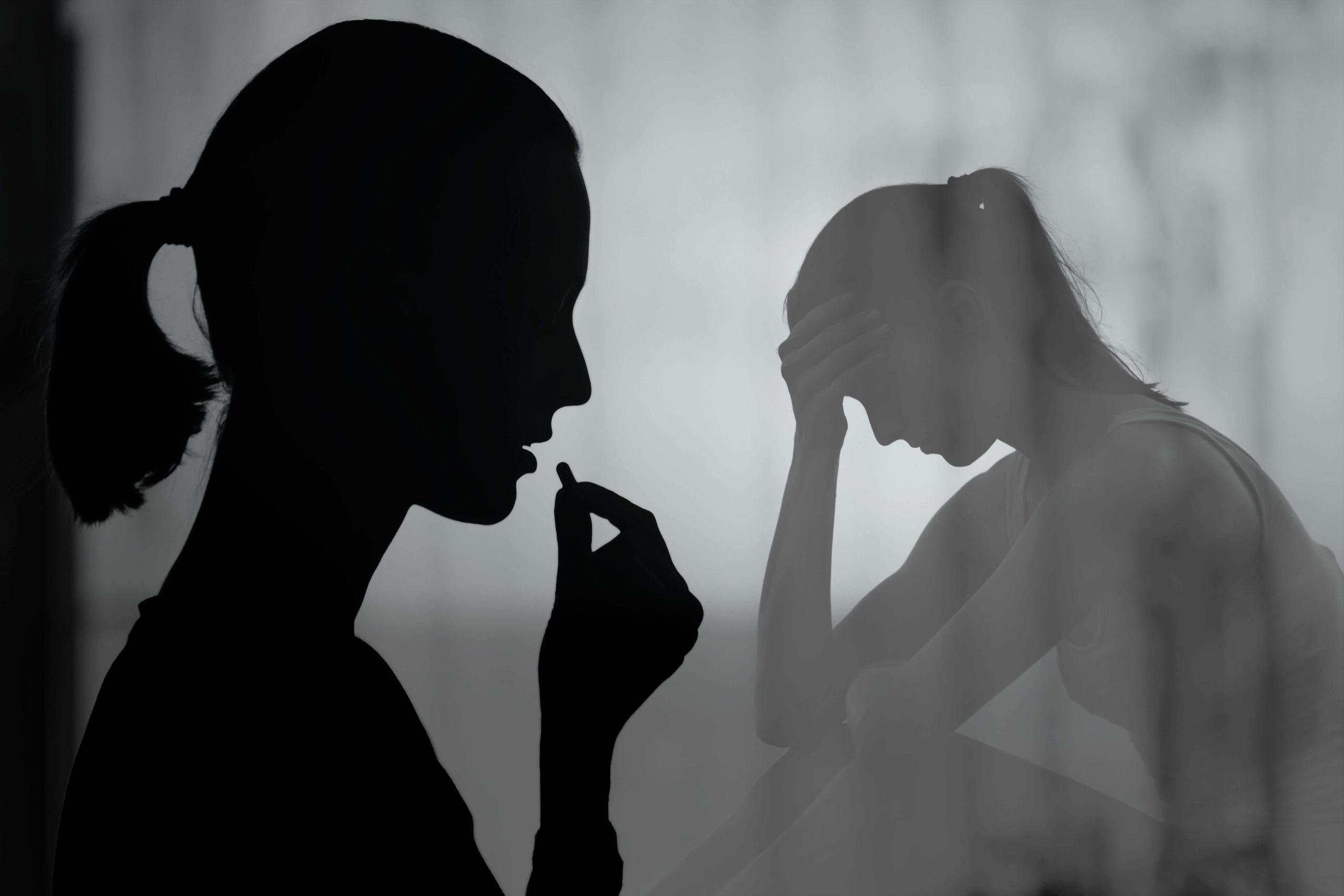Drug Addiction and Depression
Did you know that approximately 20 million Americans have drug addictions that are not being treated? This often leads to their condition getting worse and sometimes lethal. Drug addiction and depression are popular patterns that go hand in hand; where the person will have psychological disorders, as they age the condition of their mental state sharply declines. In a lot of cases, they will develop substance abuse or alcohol abuse issues. Studies show that women were more likely to be diagnosed with mental illness than men. Substance abuse among women is growing at an alarming rate where a 2009 survey reported that women 6.6% of women aged 12 and older had confessed to using an illegal drug.
The Catastrophic Effects of Alcohol, Depression & Substance Abuse
Many people who are alcoholics and heavy drinkers are in danger of liver cirrhosis which is when the liver does not perform properly due to excessive and long term abuse. Cirrhosis can eventually lead to the liver failing completely which ultimately can lead to death.
Depression and substance abuse come with their myriad of negative effects as well. Depression not only weakens your immune system leaving you susceptible to colds and viruses but can cause insomnia, difficulty focusing which is especially problematic in academic environments, inability to preserve healthy personal relationships, and in some occasion’s chronic pain!
Substance abuse is even worse with the effect varying on the substance.
Inside the Psychology of Depression, Alcoholism, & Drug Addiction
 The reason why many people with depression turn to opioid substances is because of the chemical Dopamine that is released when the drugs are taken. Dopamine affects our emotions, movement, and recollection and since the brain remembers the feeling of being “high” an increased level of pleasure is released which in turn becomes addictive due to the brain craving the activity.
The reason why many people with depression turn to opioid substances is because of the chemical Dopamine that is released when the drugs are taken. Dopamine affects our emotions, movement, and recollection and since the brain remembers the feeling of being “high” an increased level of pleasure is released which in turn becomes addictive due to the brain craving the activity.
When someone is depressed and cuts themselves, several people have reported that the motor response that is released is similar to shooting heroin. It is also reported that this behavior is self-reinforcing and gives the user a sense of power and a sense of control.
Now alcohol, on the other hand, is slightly different as alcohol for many is solving a problem. The underlying primary problem for alcohol abuse could have started in your adolescence, teen years or your adulthood. From those times onward there will be some bad feelings, bad relationships and bad situations that were experienced which leads to alcohol becoming the coping mechanism and, thus the cycle begins.
Other cases that have led to alcoholism are peer pressure and the want for social acceptance. In a lot of social situations, many may find it hard to turn down their friends who are offering them drink after drink. It is human nature to want to be accepted by our peers and loved ones, many would say that it is fundamental to humans. Getting rejected is actually not good for your health; some symptoms from rejection are not sleeping well, weakened immune system, depression, and a shortened life span. All of these side effects can lead to peer pressure drinking.
Warning Signs of Substance Abuse and Depression
Here are some warning signs and symptoms of depression and drug use that you want to pay attention to. If you see your loved one doing these consistently then they may need treatment.
- Loss of appetite or constant binge eating
- Shying away from their usual activities and behaviors
- Sleeping a lot and lacking energy
- Loss of hope, feeling numb and feeling like nothing matters
- Drinking, smoking and abusing more drugs than they were before
- Feeling unusually moody usually angry, sad, worried, on edge, or fearful
- Hostility and fighting between their close family and friends
- Hearing thoughts and believing things/events that are not true
- Thoughts of self-harm
- Lack of motivation to do daily necessary tasks (example: bathing)
Depression and Addiction Recovery
In addition to receiving addiction treatment, some methods that may help improve the mental state of those with depression and substance abuse disorders are:
- Reaching out and connecting with others in the church, participating in community services, and engaging with positive influences in their lives
- Utilizing healthy outlets such as painting, drawing, singing, exercising, cooking, writing
- Helping to improve others’ lives
- Receiving professional help through a rehab service
In order to solve the issue of the person’s attachment to the substance, you have to find out what led to the substance abuse and the underlying reason why the user is abusing alcohol or other substances. After the root cause is discovered the next step is to find a healthier replacement so that the user can gradually and safely let go of the substance/substances.
When the right issue is addressed we can begin to reach a solution so that many more people will have a better quality of life and healthy lifestyles not dependent on substances.


